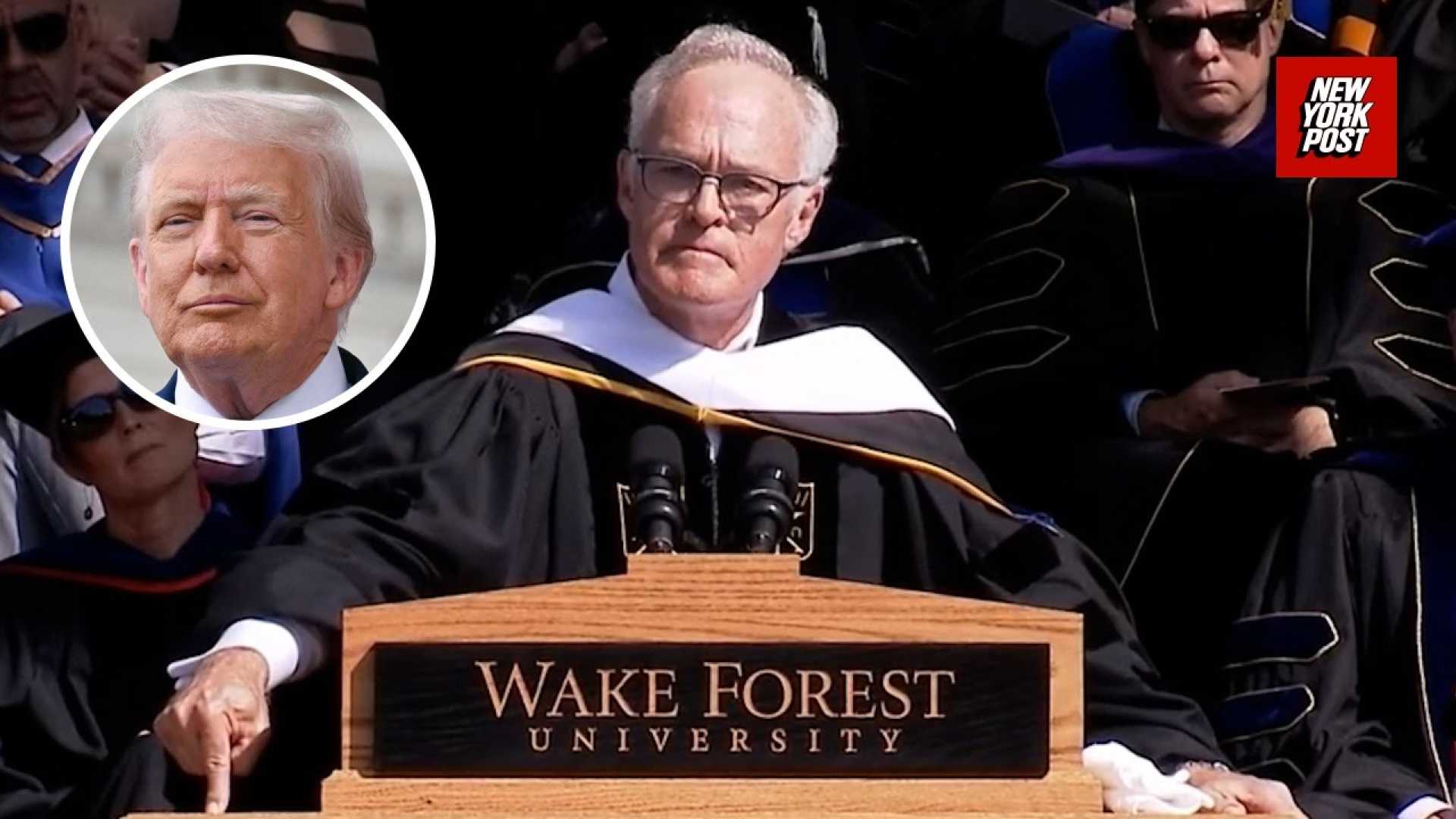News
Scott Pelley’s Commencement Address Stirs Controversy Amid Trump Backlash

WINSTON-SALEM, N.C. — Scott Pelley, a correspondent for CBS News and anchor of “60 Minutes,” delivered a commencement speech at Wake Forest University on May 19 that sparked widespread discussion online over the Memorial Day weekend. Pelley addressed the graduating Class of 2025 and warned of various threats to democratic values in the United States.
In his speech, Pelley stated, “In this moment, our sacred rule of law is under attack. Journalism is under attack. Universities are under attack. Freedom of speech is under attack.” His comments resonated with many but drew significant backlash from supporters of former President Donald Trump.
The uproar began soon after clips of Pelley’s speech started circulating on social media. Some critics accused him of hypocrisy for lamenting the state of free speech while publicly criticizing the Trump administration. Pelley asserted that fear to express oneself has infiltrated American society, saying, “Insidious fear is reaching through our schools, our businesses, our homes, and into our private thoughts.”
As Pelley elaborated on the concept of power manipulating narratives, he stated, “Power can rewrite history, with grotesque, false narratives. They can make criminals heroes, and heroes criminals.” His comments echoed broader concerns about the current political climate and its impact on journalism and education.
Despite the backlash, Pelley encouraged the graduates to engage with differing viewpoints and to seek common ground. “America works well when we listen to those with whom we disagree,” he stated. “And one thing we can all agree on is that America is at her best when everyone is included.”
The controversy surrounding Pelley’s speech is further complicated by a lawsuit filed by Trump against CBS, which is part of a broader conflict between the former president and various media outlets. Trump has claimed that media companies have attempted to manipulate public perception in favor of his political opponents.
As the speech continued to draw attention, it highlighted the polarizing nature of political discourse in the U.S. Pelley’s remarks served to ignite debate over the role of journalism in the current political landscape, with responses ranging from robust support to intense criticism.
Pelley’s address not only called for civic engagement but also emphasized the responsibility of individuals to challenge oppressive narratives. “To move forward, we debate, not demonize. We discuss, not destroy,” he advised the graduates, urging them to take an active role in safeguarding democratic values.












